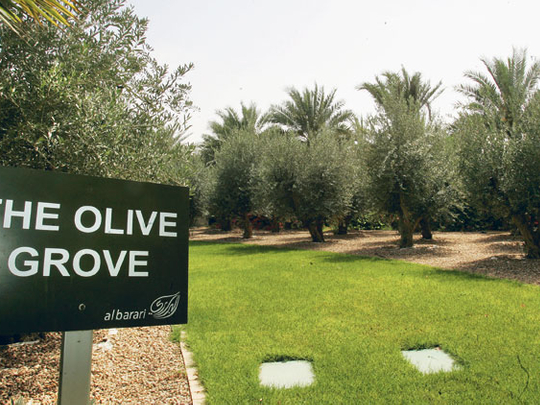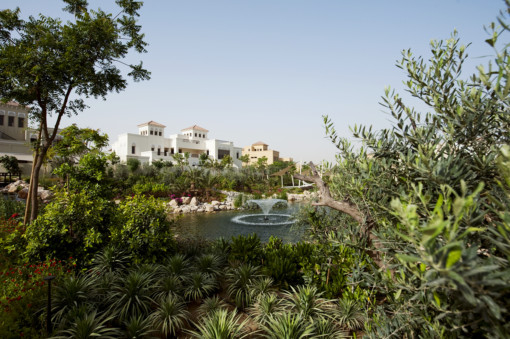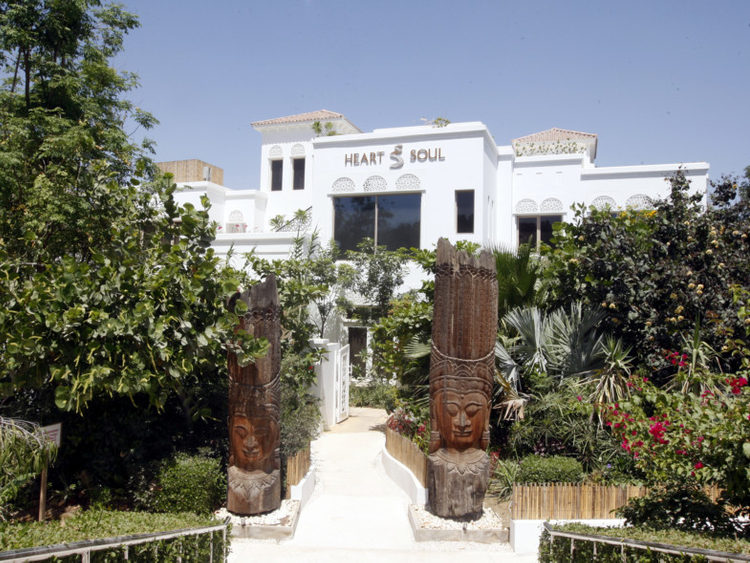
DUBAI: Psychologists say horticultural therapy, or garden therapy, can improve people’s emotional, physical, and cognitive health.
Aamnah Hussain, a counselling psychologist at German Neuroscience Centre, Dubai, said, according to studies, horticultural therapy reduces physiological stress by lowering blood pressure and reducing muscle tension.
“Participants often experience gardens and planted areas as safe, non-threatening settings that are quite distant from the stress-inducing environments and situations of life,” she said.
“Gardening and interacting with living plants often stimulates the senses and absorbs people’s attention,” Hussain said, “which can lead to a more vivid sense of being alive and present in the moment.”
She also said that gardening activity is beneficial. “The simple sense of accomplishment and feeling of contribution that comes from straightforward tasks of gardening can improve mood and self-esteem.
"There is also a social aspect to horticultural therapy, where people get a chance to connect and laugh over a shared experience, or work as a team. And this can lessen their sense of isolation.”
Hussain said that, despite not being a replacement to conventional psychological treatments, horticultural therapy can be valuable in treating patients with “developmental or physical disabili ies and psychological issues.”
Dr Thoraiya Kanafani, a clinical psychologist and co-owner of Human Relations Institute and Clinics, Dubai, also cited research showing the benefits of horticultural therapy, saying preliminary studies report “reduction of pain, improvement in attention, lessening of stress, agitation and frustration management, lowering of needed medications, and reduction of physical falls in the elderly.”
“The increase of oxygen and physical activity in the patient’s life is beneficial in ways such as strengthening muscles and improving coordination, balance, and endurance,” Kanafani said.
Kanafani also said that horticultural therapy creates a “meditation-like” environment that helps patients.
She said it helps “improve memory, cognitive skills, task initiation, socialisation, working independently and language skills.”










